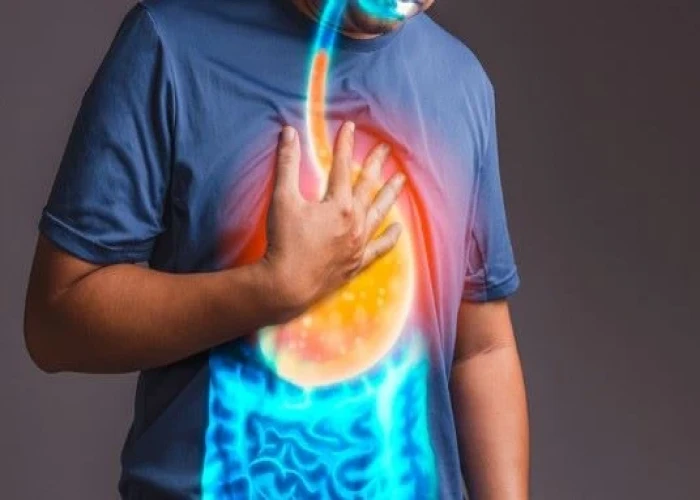 Welcome
Welcome
“May all be happy, may all be healed, may all be at peace and may no one ever suffer."
Rumination syndrome
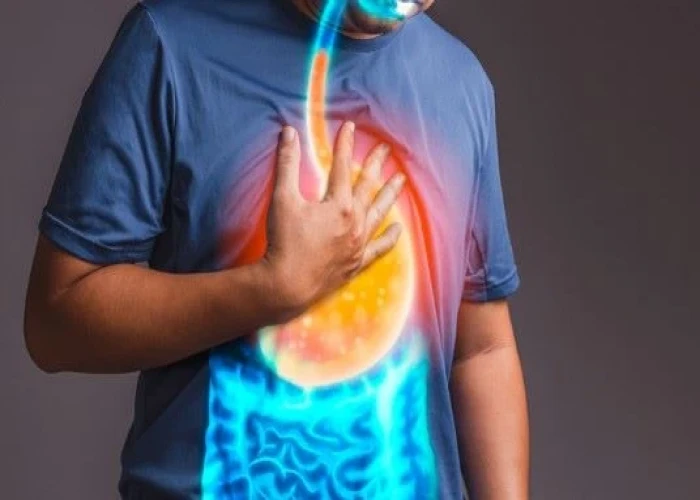
Rumination syndrome is a rare disorder that affects the digestive system. It is characterized by the involuntary regurgitation of recently eaten food from the stomach back into the mouth, followed by rechewing and reswallowing or spitting out the food.
The exact cause of rumination syndrome is unknown, but it is thought to be related to a malfunction in the digestive muscles or nerves. It is more commonly seen in infants and children, but can occur in adults as well.
Symptoms of rumination syndrome may include regurgitation of food shortly after eating, the sensation of food rising in the throat or mouth, abdominal discomfort or pain, and bad breath.
Treatment for rumination syndrome typically involves a combination of dietary changes and behavioral therapy. Dietary changes may include smaller and more frequent meals, avoiding certain foods that trigger symptoms, and avoiding lying down after eating. Behavioral therapy may include techniques to interrupt the regurgitation reflex, such as diaphragmatic breathing, relaxation techniques, and biofeedback.
Prognosis for rumination syndrome is generally good with appropriate treatment. However, if left untreated, it can lead to malnutrition, weight loss, and other complications related to digestion.
Research Papers
Disease Signs and Symptoms
- Abdomen pain
- Feeling of fullness in ear
- Bad breath (halitosis)
- Nausea or vomiting
- Weight loss
Disease Causes
Rumination syndrome
The precise cause of rumination syndrome isn't clear. But it appears to be caused by an increase in abdominal pressure.
Rumination syndrome is frequently confused with bulimia nervosa, gastroesophageal reflux disease (GERD) and gastroparesis. Some people have rumination syndrome linked to a rectal evacuation disorder, in which poor coordination of pelvic floor muscles leads to chronic constipation.
The condition has long been known to occur in infants and people with developmental disabilities. It's now clear that the condition isn't related to age, as it can occur in children, teens and adults. Rumination syndrome is more likely to occur in people with anxiety, depression or other psychiatric disorders.
Disease Prevents
Disease Treatments
Disease Diagnoses
Disease Allopathic Generics
Disease Ayurvedic Generics
Disease Homeopathic Generics
Disease yoga
Rumination syndrome and Learn More about Diseases

Spinal arteriovenous malformation (AVM)
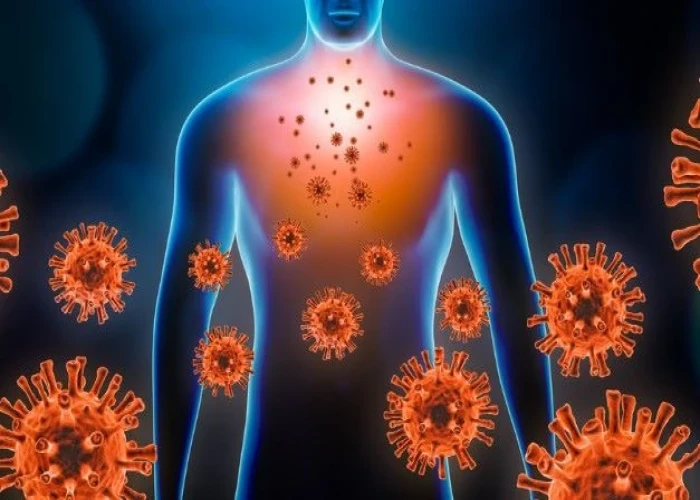
Pneumonitis

Ascariasis
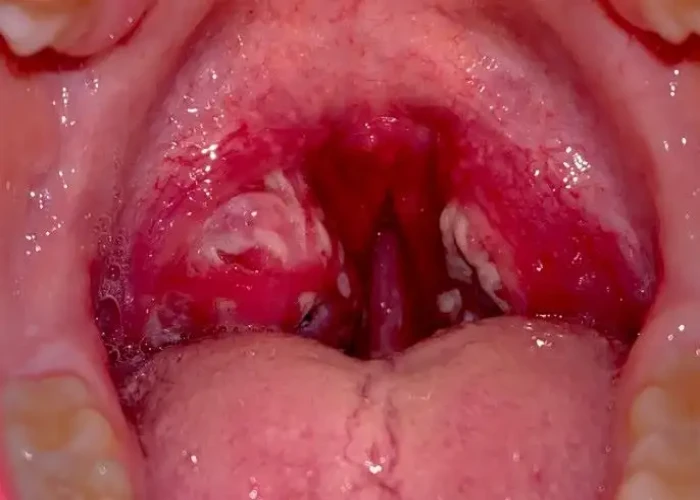
Strep throat

Hook Worm
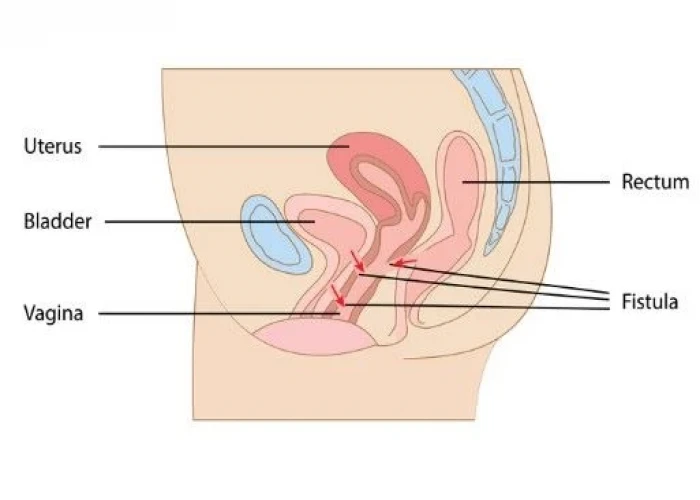
Rectovaginal fistula
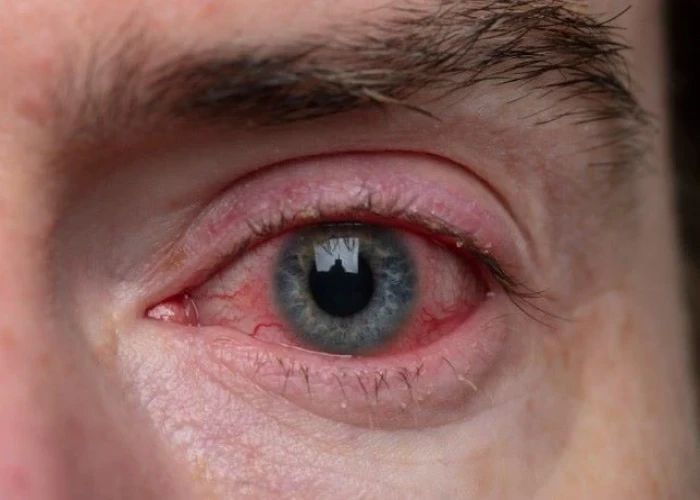
Pink eye (conjunctivitis)
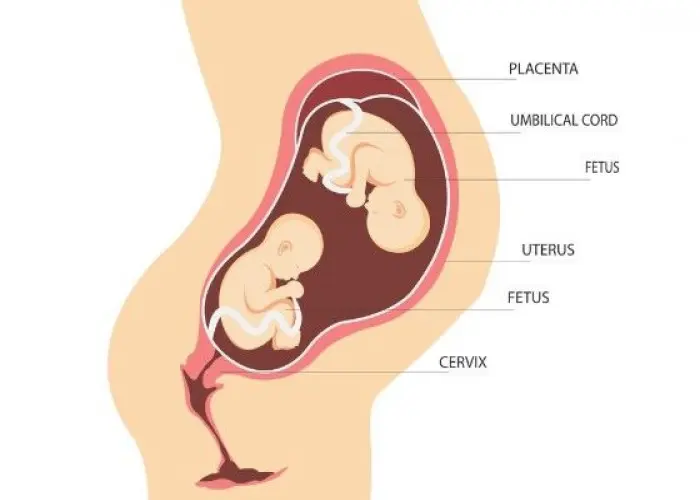
Double uterus
rumination syndrome, রমিনেশন সিনড্রোম
To be happy, beautiful, healthy, wealthy, hale and long-lived stay with DM3S.
